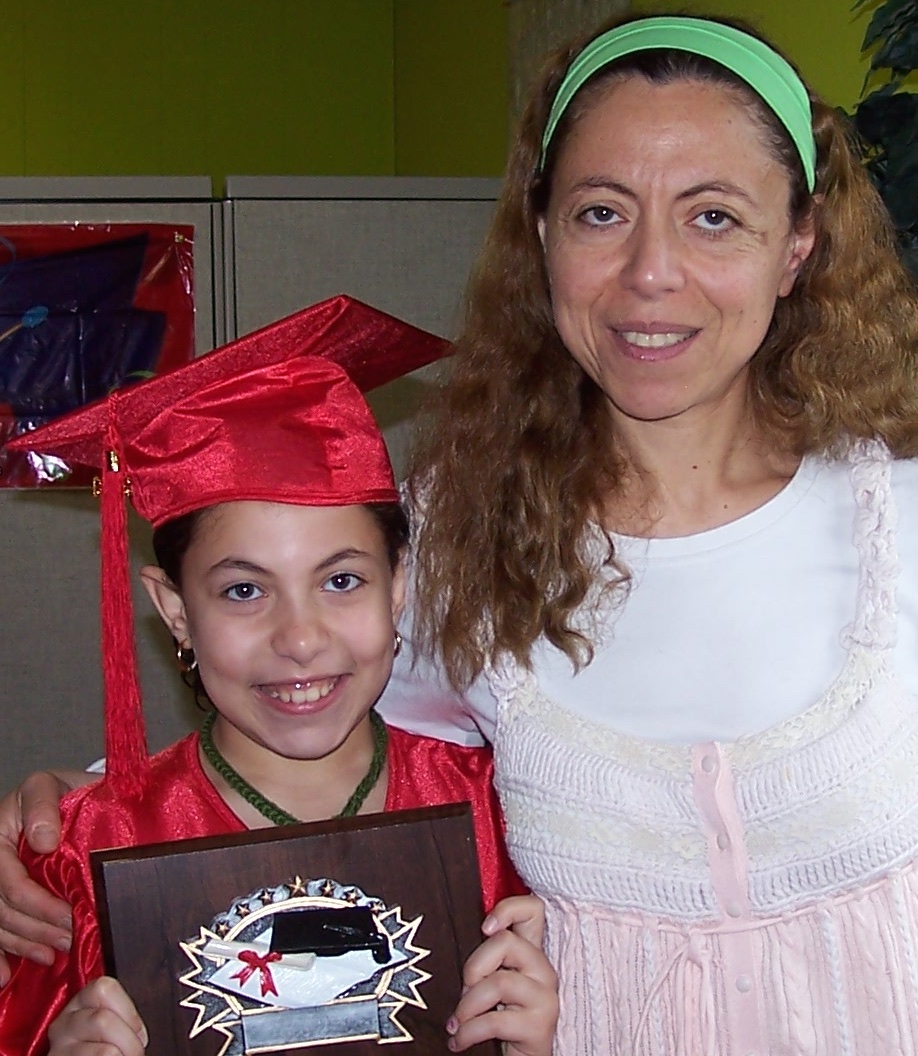 No matter how old your child is, odds are, they like puzzles. Many children feel drawn to puzzles of different types because it stimulates their brain and provides entertainment—with the satisfaction of having solved something difficult.
No matter how old your child is, odds are, they like puzzles. Many children feel drawn to puzzles of different types because it stimulates their brain and provides entertainment—with the satisfaction of having solved something difficult.
But far from just being a good entertainment tool, kids can also receive huge developmental benefits from puzzles.
The Importance of Puzzles
Puzzles can have a profound impact on your child's development. Puzzles develop your child's problem-solving and critical-thinking skills, both crucial for mastery of other skills later in life. Puzzles can also help children with pattern recognition, memory, and both gross and fine motor skills.
Puzzles also teach your child ways to work through things that give them difficulties—like homework or a confusing lesson—without giving up.
Appropriate Puzzles For Different Age Levels
Depending on your child's age level, different puzzles may be more appropriate in helping your child grow their cognitive skills. Try the following puzzles depending on your child's age:
- Ages 2–3: Jumbo knob pieces are great for 2-year-olds. They should start with 2–3 pieces and gain more as your child grows—up to 20 pieces for a 3-year-old. Building blocks as well can help your child develop gross motor skills.
- Ages 4–5: Construction sets can be introduced to your kids around the ages of 4 and 5, provided the blocks aren't small enough to eat. These kids can also handle jigsaw puzzles with up to 50 pieces.
- Ages 6–7: Kids in this age group can tackle puzzles with up to 120 pieces. As kids move away from puzzles with maxi blocks, they develop their fine motor skills.
- Ages 8–9: Kids in this age range should be able to solve puzzles with anywhere between 250 and 500 pieces, depending on their development. Kids should be developing strategic problem-solving skills like sorting puzzles by size, shape, or color.
- Ages 10+: Kids ages 10+ should be able to solve any size puzzle with enough patience or guidance. These kids should be able to solve puzzles of many varieties and will have developed the motor skill needed to piece them together.
Puzzles That May Hurt Your Child's Development
When giving your child puzzles, it's important to be mindful about which puzzles you pick and do research before giving one to them. While many puzzles are extremely beneficial to your child's development, some may damage it instead and cause them to struggle. Try to avoid puzzles that are above or below your child's skill level, as they may find them not challenging—or so challenging that they give up or doubt their own abilities.
Additionally, you want to avoid giving children too many puzzles in the form of video games, especially at a young age. Though there are many puzzle-style video games, prolonged screen time may affect them negatively.
The Abacus
If your child loves puzzles, capitalize on that! Consider enrolling your child in the Genie Academy Abacus Program—in addition to helping with math, the use of an abacus can help your child learn because it's a puzzle your kid wants to figure out! Pattern recognition helps teach kids complex math in no time. Even kids as young as three can benefit from the Abacus, developing their fine motor skills as well as their math skills. Abacus math has been proven to help with short and learn term memory. Ultimately it will teach your child math in a fun way that makes them want to learn more.
Genie Academy offers a range of after-school educational activities for students, encompassing areas such as mathematics, reading, writing, and coding. Spread across New Jersey, including a location in Plainsboro, these programs are specifically crafted for students from Pre-Kindergarten to 8th grade.





